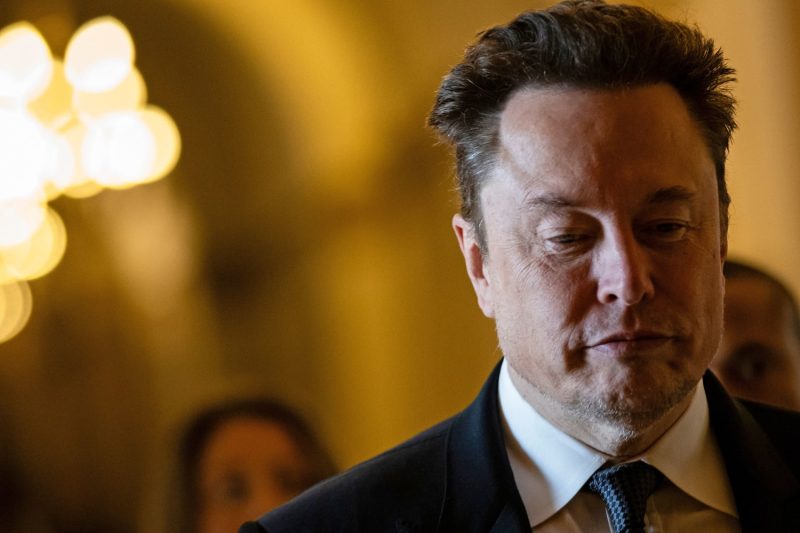In a dramatic turn of events, Elon Musk’s aerospace company SpaceX, particularly its Starlink division, is facing nearly $1 million in daily fines in Brazil for allegedly evading a ban imposed by the country’s National Telecommunications Agency (ANATEL). The dispute, which has escalated into a legal battle, raises significant questions about regulatory compliance, the clash between innovative technologies, and the authority of national regulators like ANATEL.
ANATEL’s ban on Elon Musk’s X and Starlink operations in Brazil stems from concerns over unapproved licensing and compliance issues related to satellite communications services. By allegedly evading the ban, SpaceX is not only risking enormous financial penalties but also casting a shadow on its global operations and reputation in a crucial market like Brazil.
The situation in Brazil reflects a broader tension between disruptive technology companies seeking to push the boundaries of innovation and traditional regulatory frameworks struggling to keep pace with rapid advancements. While SpaceX’s ambitious goals of providing global internet coverage through its Starlink satellite network are commendable, they must not come at the expense of flouting regulatory requirements, especially in countries where compliance is rigorously enforced.
Furthermore, the escalating fines levied against SpaceX highlight the growing importance of international regulatory cooperation and harmonization in the era of globalization and interconnected technologies. As companies like SpaceX expand their reach across borders, they must navigate a complex web of regulations and standards to ensure both operational efficiency and legal compliance.
The Brazilian authorities’ firm stance against SpaceX serves as a reminder to all technology companies that innovation must always be accompanied by a strong commitment to adhering to local laws and regulations. By respecting the legal frameworks of the countries in which they operate, companies can build trust with regulators, mitigate risks, and foster sustainable growth in the long term.
In conclusion, the escalating fines faced by Elon Musk’s X and Starlink in Brazil underscore the crucial importance of regulatory compliance and respect for national laws in the rapidly evolving tech landscape. As SpaceX continues to push the boundaries of space exploration and internet connectivity, it must work closely with regulators to address any compliance issues and ensure a smooth and lawful operation in all the markets it serves. Failure to do so could not only result in significant financial penalties but also damage the company’s reputation and global expansion efforts.


























